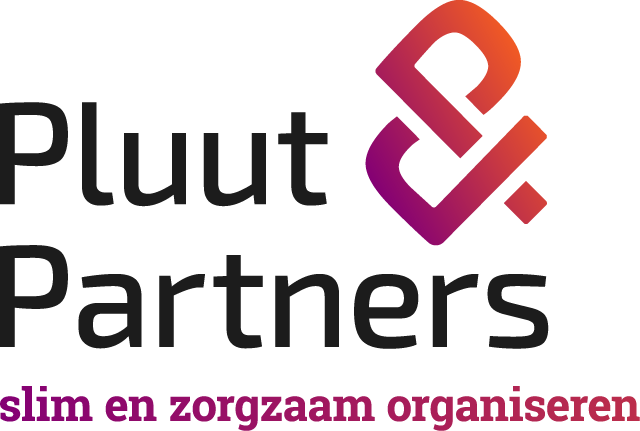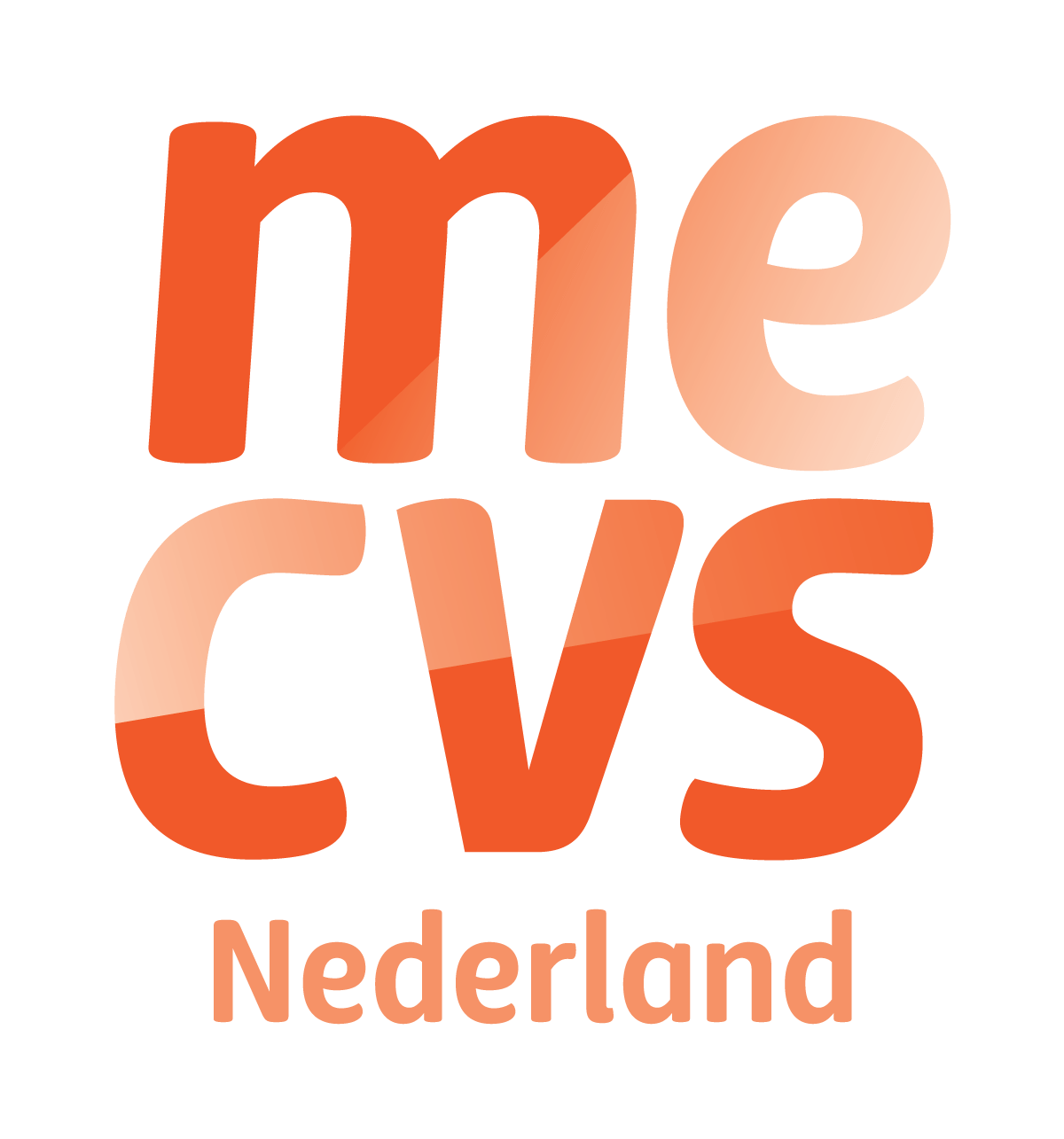Information for scientists
ME/CFS Lines - Cohort and Biobank
In the ME/CFS Lines consortium, several national and international research partners develop biomedical research on ME/CFS. This consortium uses data and biomaterials collected since 2006 in the Lifelines population cohort, which includes over 167,000 participants.
Approach
The DePaul Symptom Questionnaire (DSQ-2) and diagnostic tests are used to identify ME/CFS patients within Lifelines. Biomaterials are used to map genetics, microbiome, antibody repertoire, proteome and metabolome in ME/CFS patients and matched controls.
The emphasis is on a multi-omics approach, for which biomaterials from before the onset of ME/CFS are also available. With these data, researchers within this consortium will search for new mechanisms that may explain the onset of ME/CFS, in order to achieve better diagnosis and treatment.
Timeline
DEC-2023 to JAN-2024
DSQ-2 to all adult participants
JAN-2024 to OCT-2024
Pre-selection of ME/CFS Lines cohort and preparation data collection
NOV-2024 to JUL-2025
Collection of diagnostic data and biomaterials
2025-2027
Analysis of biomaterials for mechanistic studies
Data and Biomaterials
Being integrated in Lifelines infrastructure, in the ME/CFS Lines cohort all the data collected by Lifelines are available, including repeated assessments of:
- Cardiovascular function (ECG, blood pressure)
- Cognitive functioning
- Lung function (spirometry)
- Anthropometry
- Psychiatric interview
- Biomaterials (blood, urine, feces)
In addition, specifically for ME/CFS patients and matched controls, ME/CFS Lines will collect:
- Genetics
- Microbiome
- antibody repertoire (PhipSeq)
- Proteome (OLink)
- Metabolome
Funding opportunities
ZonMw has recently announced a new round of funding withing the ME/CFS program, for new biomedical research projects to join one of the existing consortia:
- ME/CFS Lines
- NMCB
Projects
Herstellen van de darmflora
Dit project richt zich op het testen van gepersonaliseerde interventies om de darmflora bij ME/CVS te herstellen.
Antilichamen
Het immuunsysteem, of afweersysteem, verdedigt ons lichaam tegen indringers zoals virussen en bacteriën. Er zijn aanwijzingen dat verstoorde immuunresponsen betrokken zijn bij ME/CVS.
Post-Exertionele Malaise (PEM)
Patiënten met ME/CVS ervaren dat inspanning hun symptomen verergert en dat ze hier lange tijd last van hebben. Dit heet post-exertionele malaise (PEM)
Darmmicrobioom
Met het darmmicrobioom bedoelen we micro-organismen zoals bacteriën, schimmels en virussen die in de darmen leven.
Erfelijke aanleg
Het krijgen van ME/CVS wordt mogelijk voor 48-56% bepaald door iemands erfelijke aanleg oftewel genetische (DNA) achtergrond.
Partners


















